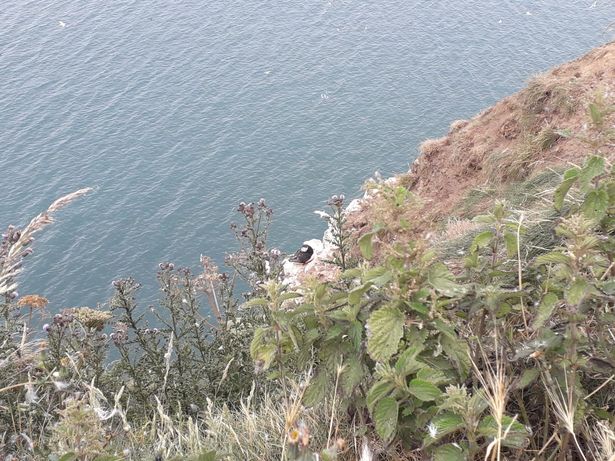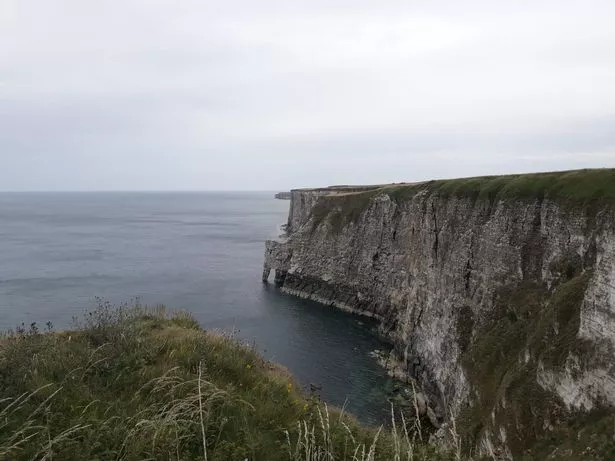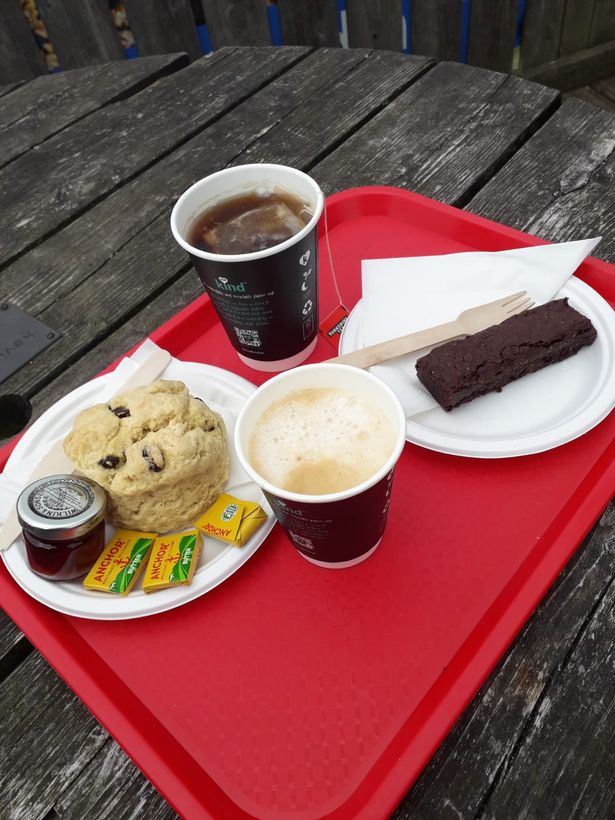
If you have never seen a puffin in the wild, there are currently scores of them nesting in East Yorkshire.
With half of the UK population at only a few sites, the puffin is a UK Conservation Red List species. East Yorkshire is one of a handful of locations where our 580,000 breeding pairs dig their nesting burrows.
Here, they will raise “pufflings” and spend a busy summer ferrying fish in from the North Sea. Visiting RSPB Bempton Cliffs is one of the most popular nature things to do near Hull, the other noteworthy site being Spurn Point.
When I previously visited the wildlife reserve in the winter low season, it was hauntingly beautiful and I saw several owls hunting in the daylight hours. Unsurprisingly, July when the puffins and other seabirds are nesting, it gets much busier but it still did not feel overcrowded.
There are lots of well-built viewing points so you have a decent vantage point of the cliffs. I’d brought my own binoculars along – a fairly cheap pair with 10x magnification – and immediately saw hundreds of guillemots and several fluffy gannet chicks.

(Image: Hull Live)
My first sight of a puffin was a blur of orange feet as one flew in from the sea. After a while, I got better at spotting puffins amid the huge throng of black-and-white guillemots and it was always the orange feet and brightly coloured beaks that tipped me off.
It was a bit like Where’s Wally. After I was at the reserve for about an hour, a lethargic puffin obliged me by falling asleep very close to the footpath, so I was actually able to capture it (albeit, poorly) with my 8 megapixel phone camera.

(Image: Hull Live)
For those who don’t have binoculars, RSPB guides were on hand with telescopes pointed directly at the puffins and were always happy to point them out and let visitors view through the scope.
Although puffins were the star of the show, I was utterly charmed by the gannets, especially when pairs would affectionately tap beaks with one another. A friend warned me the guano smell off the cliffs is horrid in summer, but honestly it was not bad and only in a couple of locations, which very much depended on the way the wind blew.

(Image: Hull Live)
Bird-watching (or birding, as the hobbyists call it) is thirsty work, so I also stopped at the RSPB café for coffee, tea, and a scone and chocolate brownie. This came to a rather steep £15, but the fact it was delicious and funding conservation work softened the blow.
In line with the RSPB’s wildlife-saving ethos, the cutlery is all biodegradable. For those that have dietary requirements, I noticed gluten-free and vegan options.
During the summer months, adult tickets for non-members are £8. Meanwhile, a first child per group, all under-fives, young adults (16-24), and carers can visit for free at any time of year.


